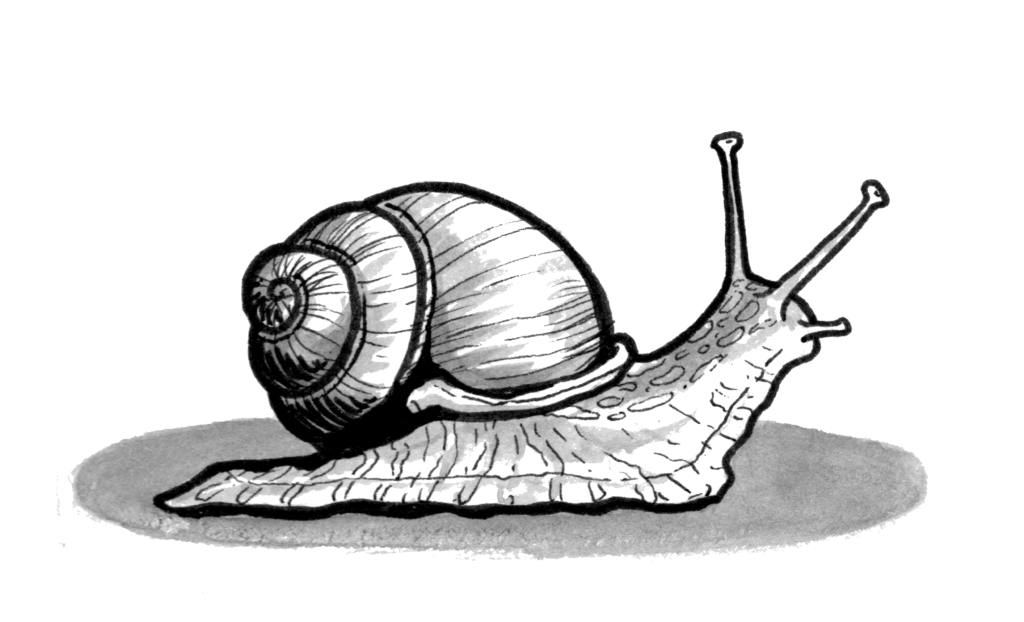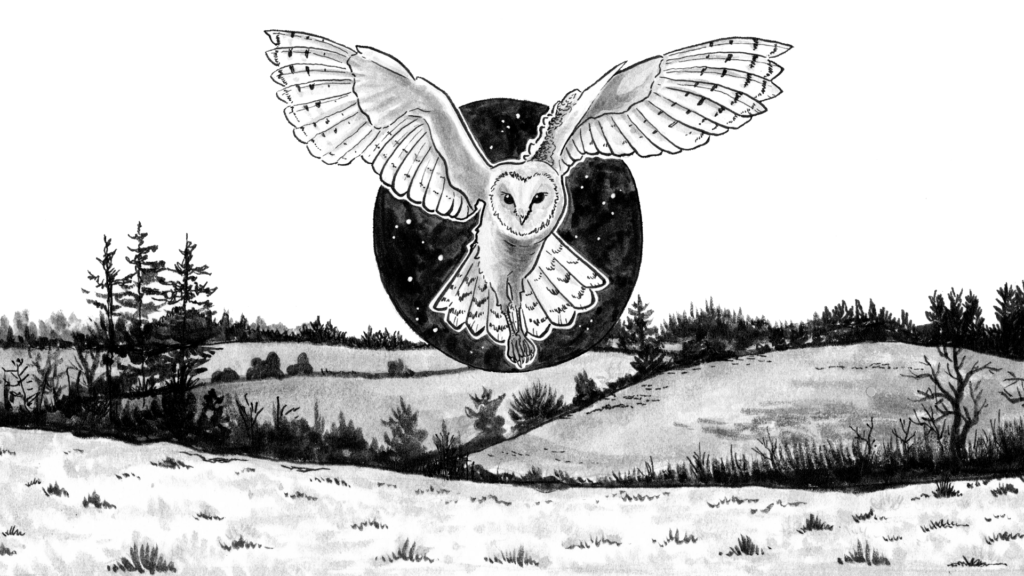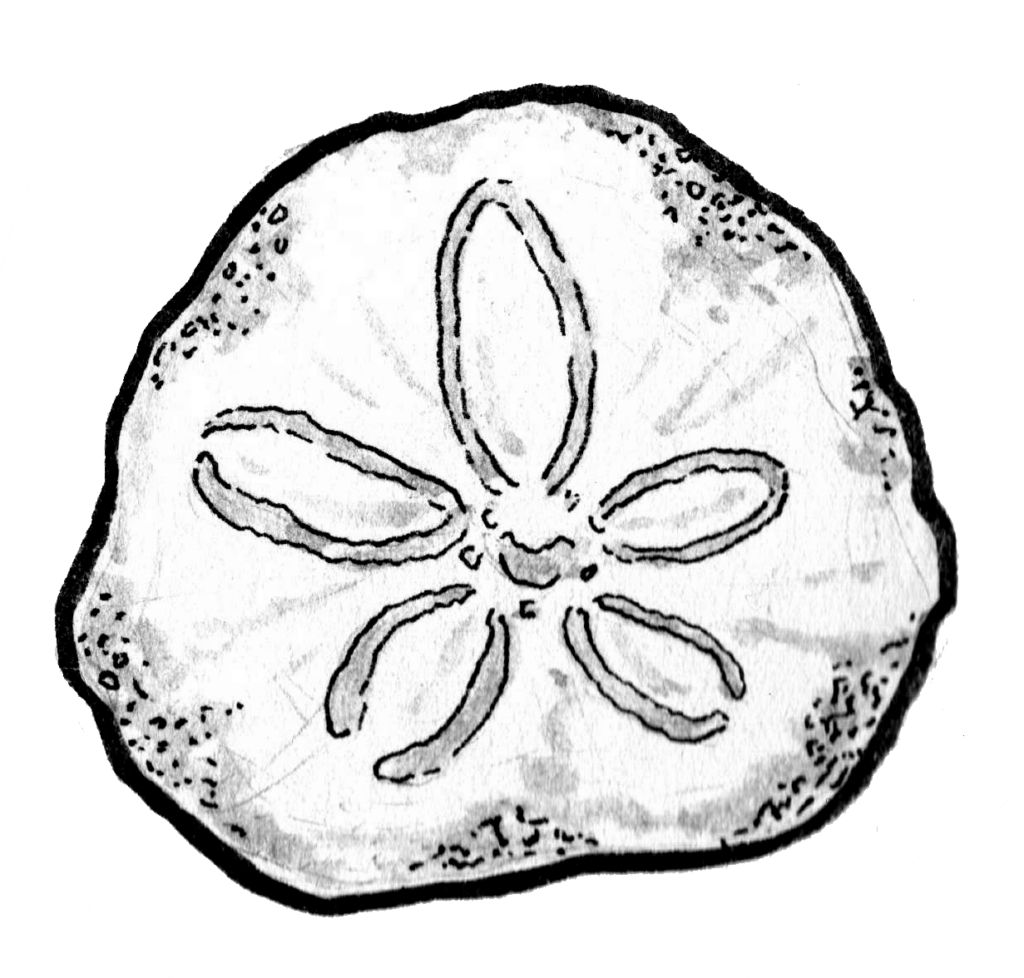It’s been three weeks since Tansy was killed. I Rambled about it a little, but I haven’t really written about it. I didn’t write much of anything for a while there. I logged out of every online account I could think of the day it happened and told myself I would take a week at least to do whatever I needed to do to be okay.
That was new. Time was I wouldn’t have been able to give myself permission to disappear.
For the first few days I needed to tell people. I needed them to validate my experience, to affirm that it was horrific—as if every person I told might take some piece of it away with them, until I was left holding something I could bear. But I couldn’t stand the thought of the wider internet. I had to call my friends.
That, too, was new. It sounds like such a simple sentence. Of course you call your friends when something traumatic happens to you. But I didn’t used to be that kind of person.
Anyway, I didn’t mean to write about my cat or my friends. I was trying to talk about the fact that I haven’t been on Instagram or Twitter for the last few weeks, and that when I finally peeked today, this pair of tweets from Shing was at the top of my feed:
I read them, and faved them, and then I left.
Shing often says things I’ve been thinking with such clarity that I check behind my ears to make sure my brain hasn’t been bugged. The choice of language here—this idea of alignment—encapsulates so much of what I’ve been thinking about lately. Values and how we enact them. The moments when carving away is actually carving towards. It’s also present in Ashon Crawley saying “abolition is performative, it only happens when you do it” as part of a beautiful thread from December 15th, 2020.1
Critical Resistance Portland, the organization I’ve been writing letters with, are currently helping to get information about Economic Impact Payments into the hands of people in prison. Today I printed 25 info packets. Tomorrow I’ll address 25 envelopes, a couple at a time, here and there, and put the packets in the envelopes and then mail the envelopes to people imprisoned in Oregon. Maybe some of those people will be able to get their stimulus checks as a result. It isn’t complicated or particularly glamorous work, but it is important.2
And the thing is…it doesn’t take place on Twitter. All of the people I speak to on Twitter are privileged enough to have access to Twitter, for starters.
Having been off of Twitter for a few weeks, I do realize that I am, in many respects, less informed.
But I’ve also used the time I would’ve spent absorbing that deluge of information (much of it horrific) to distill and illustrate hours of interviews with voting rights activists about felony disenfranchisement and lowering the voting age in Oregon. I’ve reclaimed enough of my brain to align my skillset with my politics—something that is much, much harder to do when I’m caught in the mental landscape of social media, the one that screams “If you’re going to make art about this, it has to be done NOW.“
I have so little time these days.
I mean, time is stretching, in the strange way it often does in Ojai, but there is relatively little of it that is mine and mine alone. I don’t have room to drink from the misery firehose. Instead, I am carving away everything that isn’t aligned. I am dedicating myself to the slow accumulation of calcium carbonate on stone. The drip, drip, drip of incremental progress.
Shing says “my hope in change lies there” and I know, immediately and without question, what they’re talking about.
It’s here, in the practice.
1. It’s been three months and I’m still thinking about it. I could write so many blog posts about the positive use of “performative” alone. He’s a gem. ↩
2. If you’re the kind of person who wants to help with that work, you can sign up to get your own list of names and addresses here. ↩



